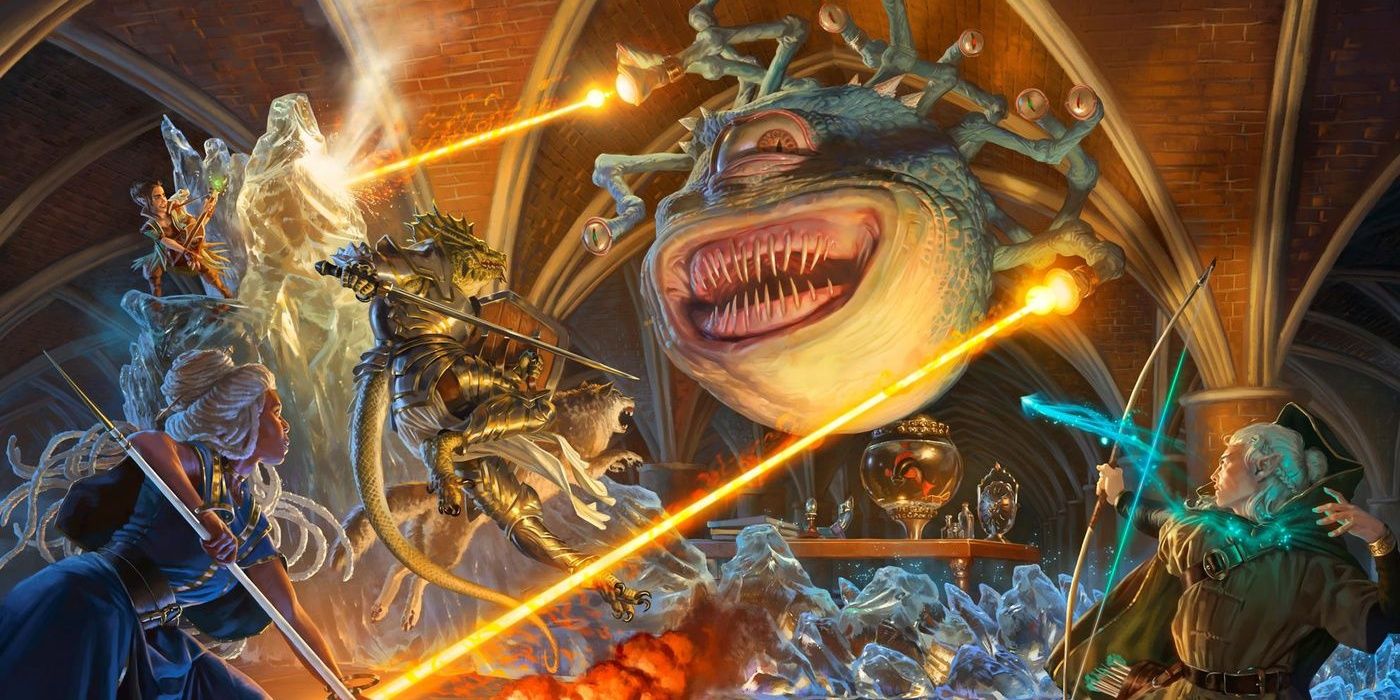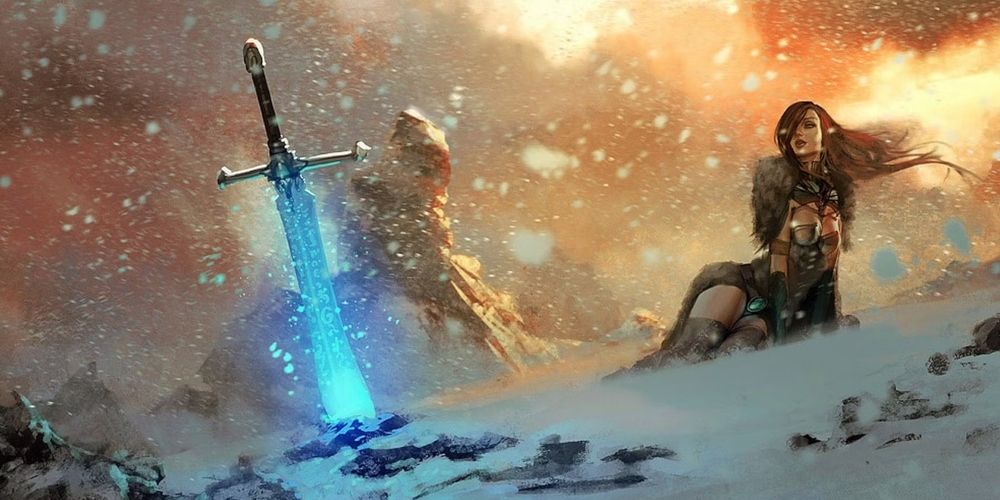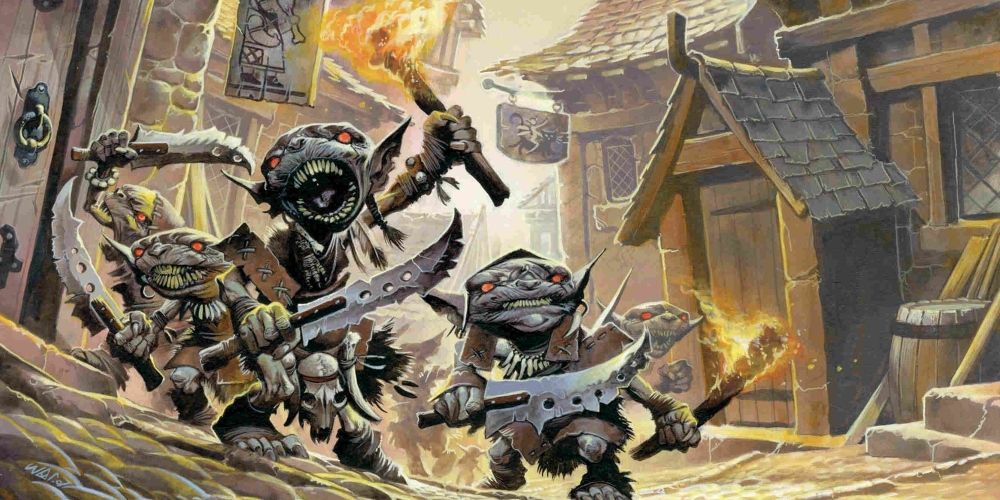Dungeons & Dragons' publisher Wizards of the Coast is making significant changes to the Open Gaming License in 2023, which have the potential to completely change the tabletop RPG landscape. For more than two decades, the OGL has granted third-party developers the right to lift certain gameplay material from Dungeons & Dragons for use in their own games. This included a number of races, spells, classes, and more, as well as the basic set of rules necessary for playing the game.
The OGL provided third-party developers with a number of advantages, making it easier both to design a new RPG from the ground up and for players already familiar with D&D gameplay to engage with a different IP without needing to learn an entirely new set of rules and mechanics. However, these changes have major implications for third-parties who rely on OGL.
The Major Changes OGL 1.1 Brings to the Table
According to a leaked draft, Wizards of the Coast plans to completely invalidate the terms of the original license. To remain in compliance with the updated document, many third-party developers will need to overhaul a considerable amount of content in what appears to be a very small window of time. While the dates listed in the draft will likely have changed, WotC initially planned to give developers only nine days to comply with the changes. This comes as just one of many of the company's recent controversial announcements.
One of the most impactful changes outlined in OGL 1.1 limits the use of D&D content to only printable game materials. This means that any apps, novels, videos, video games, etc. will no longer be allowed to operate under the OGL. Additionally, all products created under the license will be required to report directly to Wizards of the Coast and even pay royalties if amassing $750,000 or more in revenue. Notably, this includes money earned through crowdfunding sites such as Kickstarter. WotC will also retain a "nonexclusive, perpetual, irrevocable, worldwide, sub-licensable, royalty-free license" to use any content developed under OGL 1.1, even if the actual copyright is owned by the content's creator.
How These Changes Will Impact the TTRPG Scene
While the drastic changes to the OGL will undoubtedly give Wizards of the Coast greater control than ever over one of their most prized (and profitable) IPs, it also has the potential to severely jeopardize a number of competing titles. Among these is the popular and widely beloved Pathfinder, created by Paizo as an alternative to D&D and released in 2009 under the original OGL. How Paizo and other third-party developers plan to adjust their games to the updated license, if implemented as written, remains to be seen, but it is clear that significant changes to their IPs' existing structures will need to be made if they are to survive.
If put into effect, OGL 1.1 has the power to fundamentally alter the way in which tabletop RPGs are developed going forward. With the heavy restrictions outlined in the new license, third-party developers and content creators will likely become dissuaded from publishing under the OGL. This could very possibly lead to a shift away from D&D as the "baseline" for TTRPGs in favor of new, independently created systems. It could also lead to dramatic changes in the way that online D&D-based content, such as the juggernaut Critical Role series, is marketed.
For now, strictly fan-made content, outlined by Wizards of the Coast as including "fan art, videos, podcasts, blogs, websites, streaming content, tattoos, altars to your cleric's deity, etc.," will continue to be held in accordance with the Fan Content Policy published in 2017. This means that anything created by fans that is explicitly unofficial and non-commercial will not be affected by the updated OGL.



